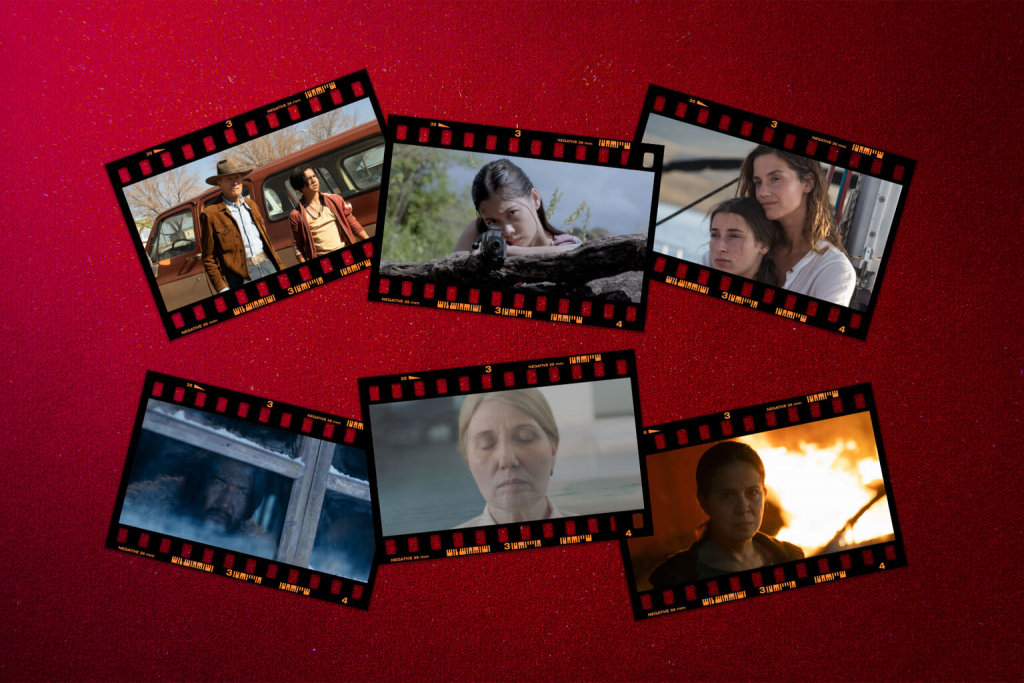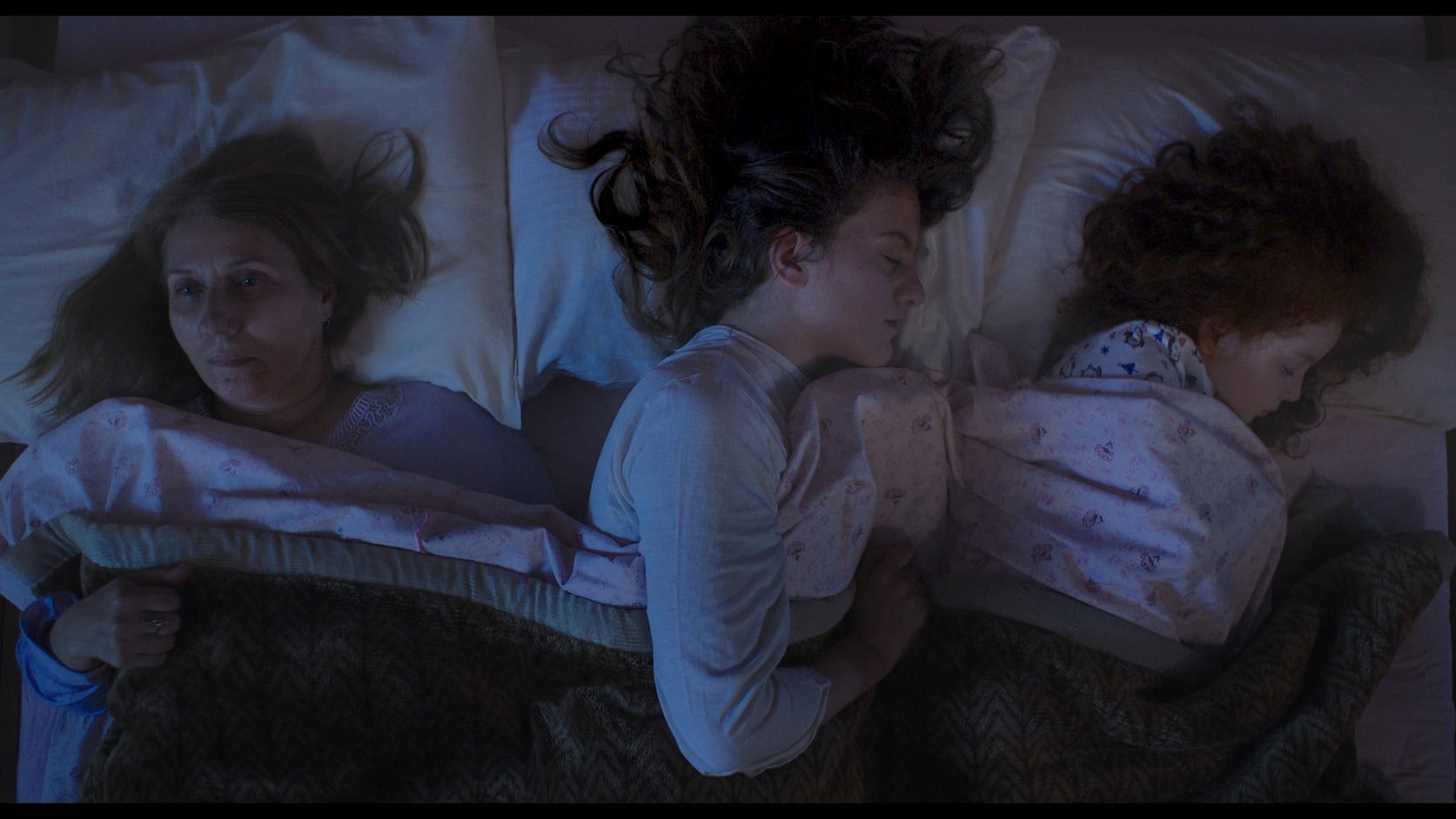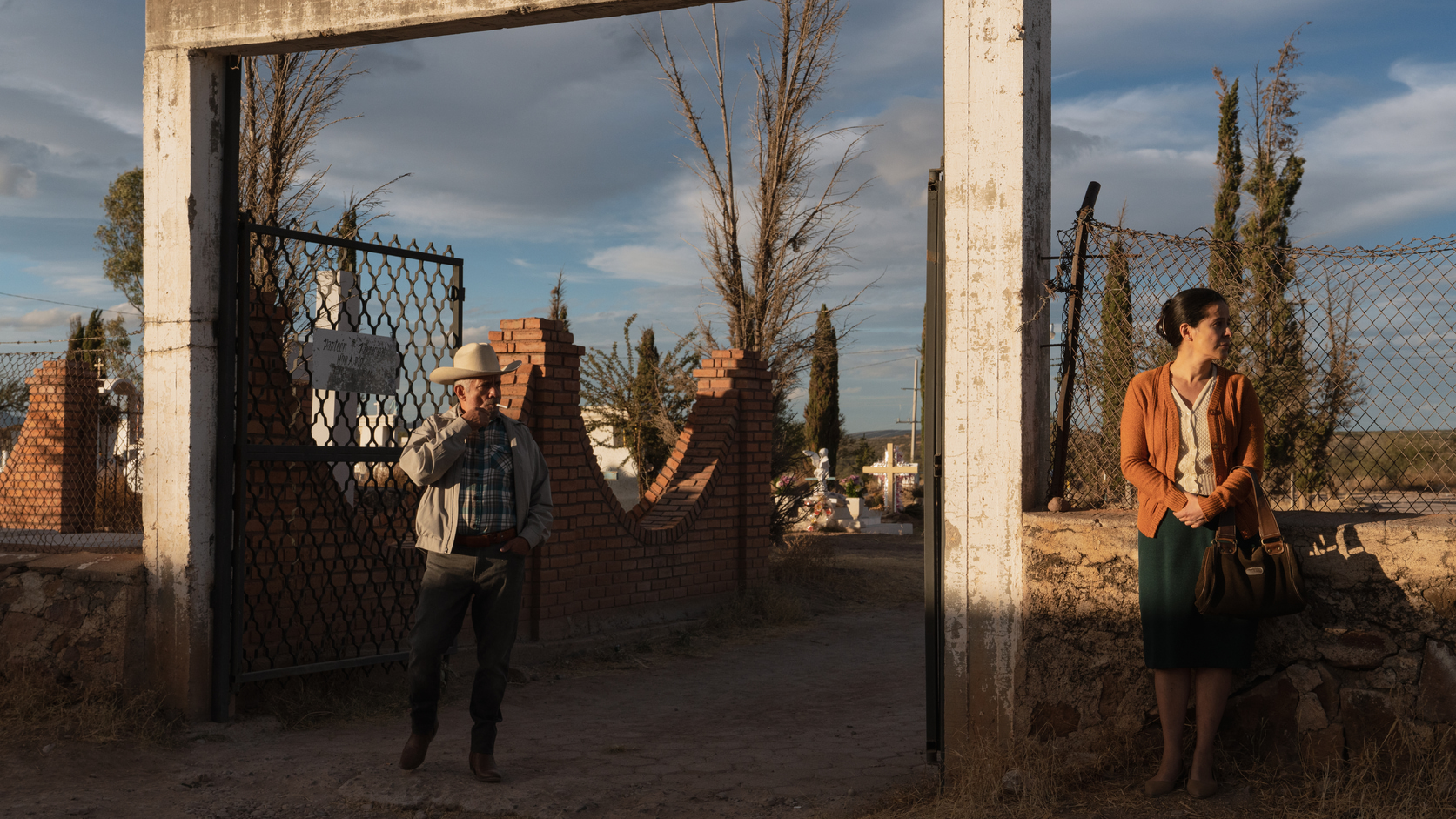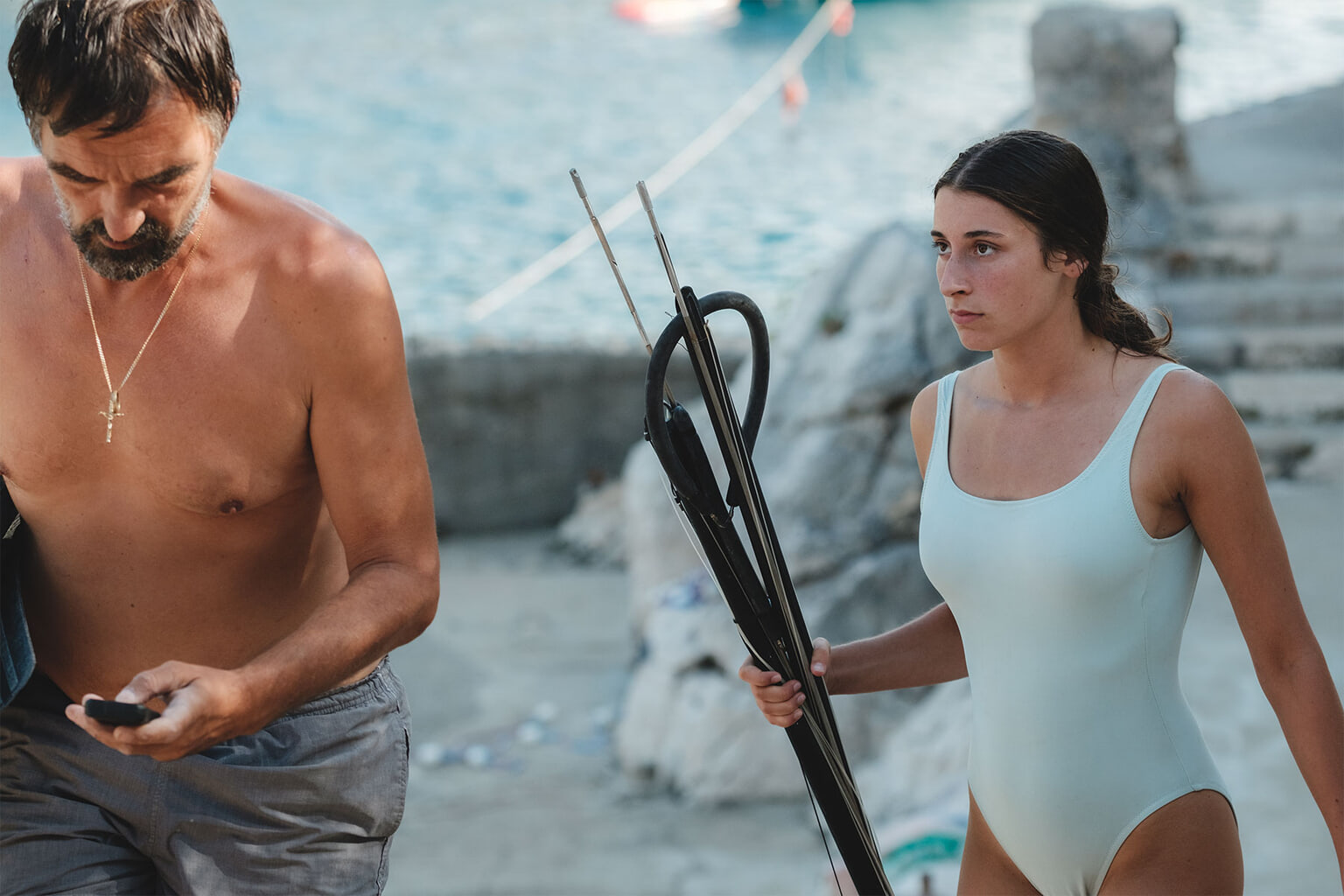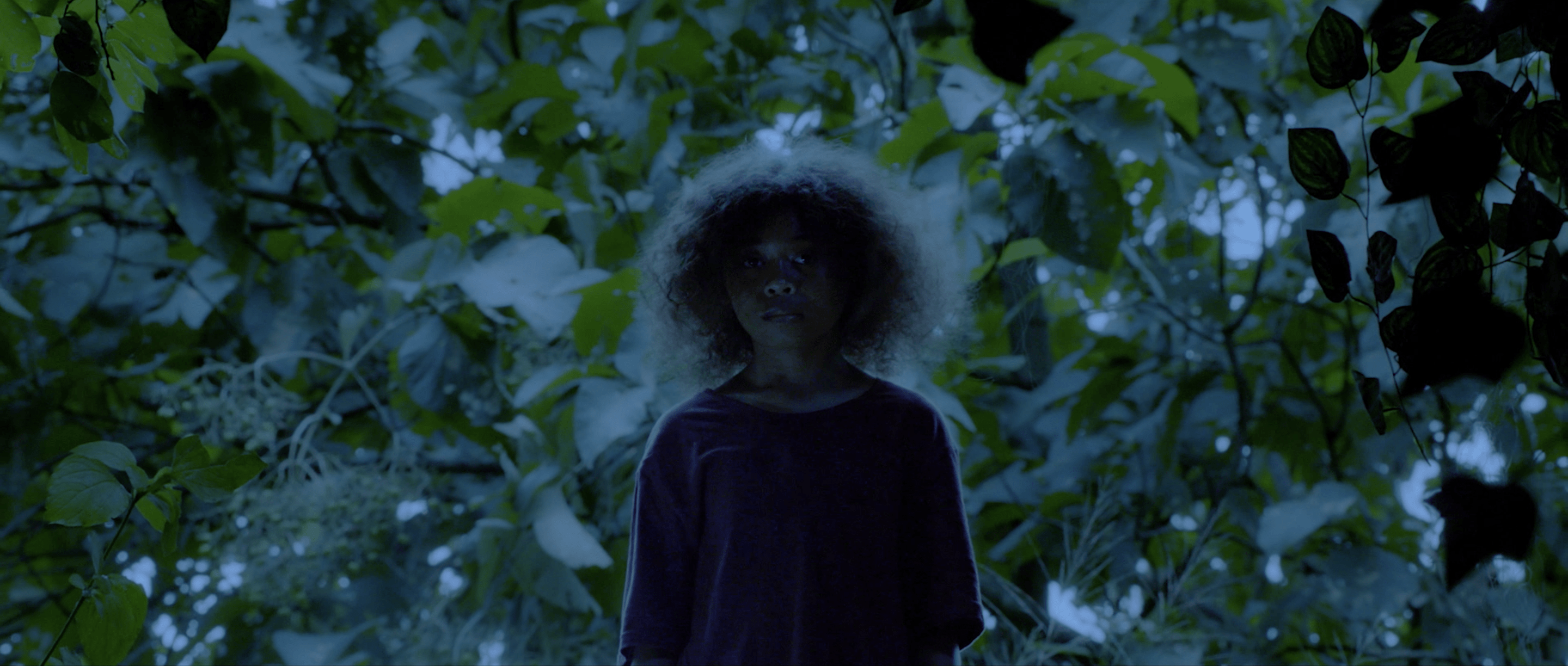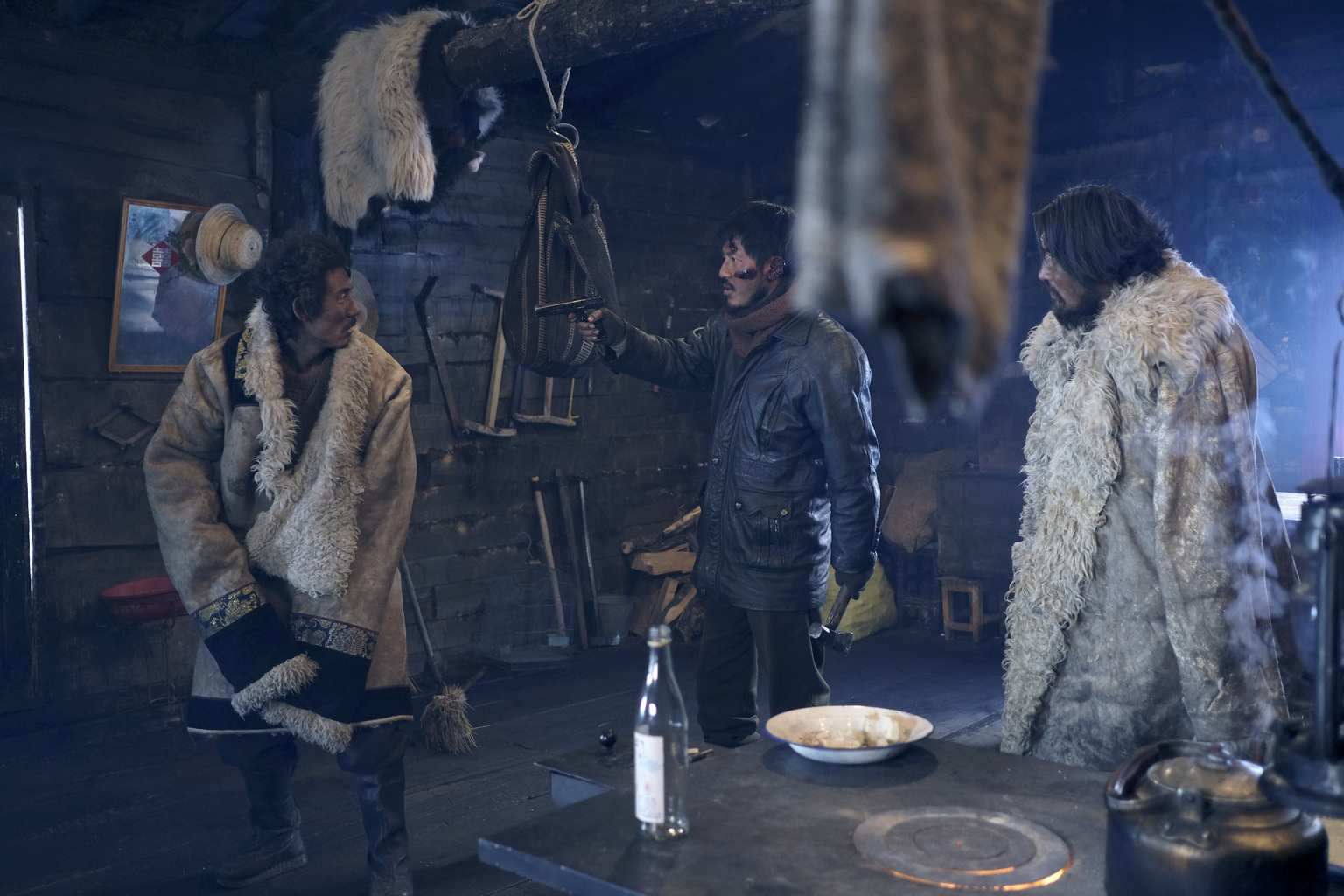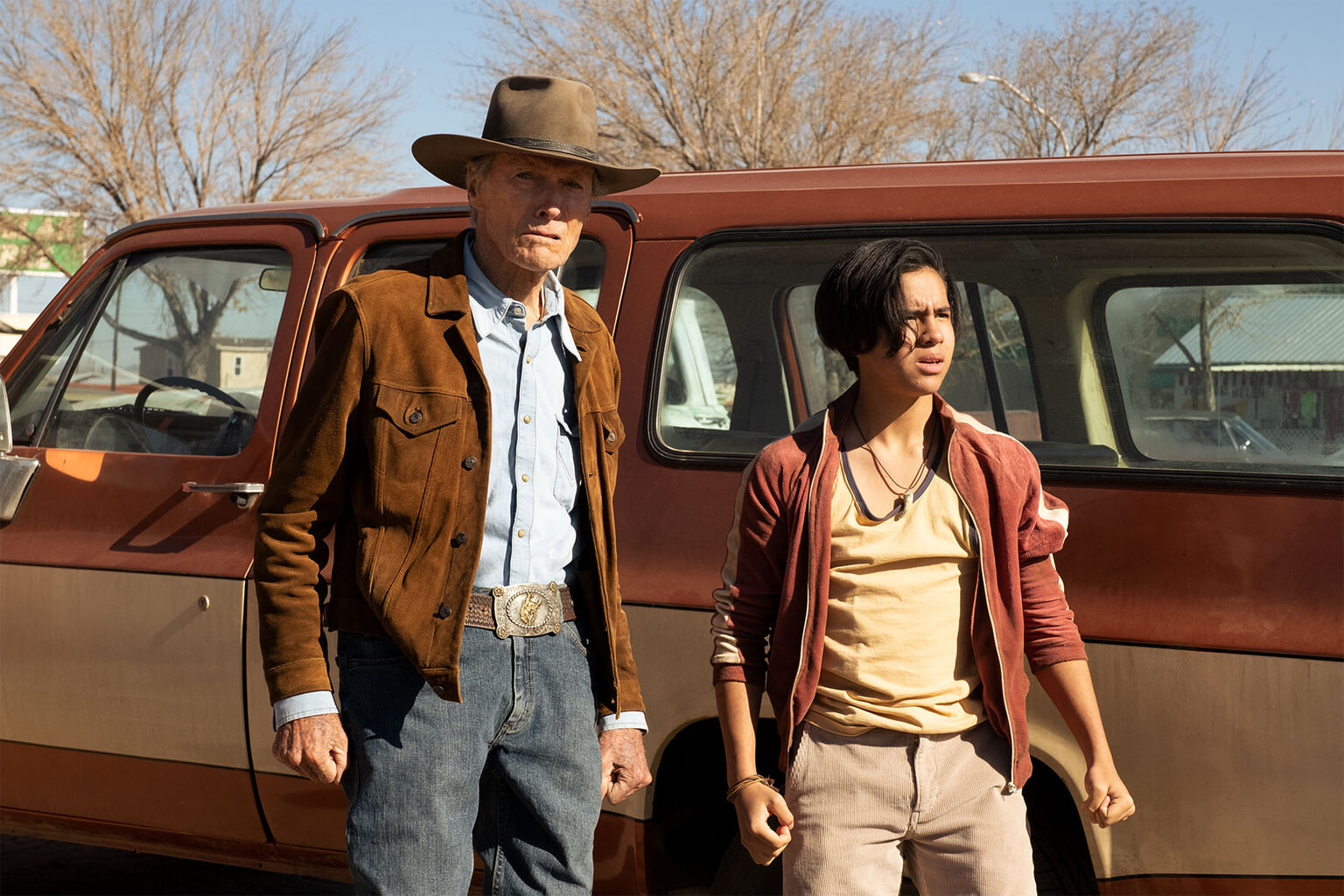The 34th Tokyo International Film Festival drew to a close on Monday after 10 days of screenings. This year a total of 126 films were selected from a record 29,414 admissions. Here’s a look at six of our favorites from the event, including two award winners from the closing ceremony.
Vera Dreams of the Sea (Kosovo/North Macedonia/Albania)
This year’s winner of the Tokyo Grand Prix was Vera Dreams of the Sea. The debut feature of Kosovo-based director Kaltrina Krasniqi, it’s an intimate and captivating semi-autobiographical tale about a middle-aged sign language interpreter named Vera (Teuta Ajdini) having to deal with the suicide of her husband and greedy relatives attempting to stop her from getting hold of the inheritance she’s owed following his death.
In a society steeped in patriarchy, Vera faces obstacles at every corner as she fights for her right to provide a financially secure future for her daughter. “On several levels she resembles my own mother, who divorced my father in the 1980s,” said Krasniqi. “As with Vera, she had to fight for her legacy and today many women face the same kind of economic disparity as Vera does, because they are seen as being less a person by society.”
La Civil (Belgium/Romania/Mexico)
The Special Jury Prize at the closing ceremony was awarded to Teodora Mihai’s La Civil. The Belgian Romanian documentary filmmaker received an eight-minute standing ovation at this year’s Cannes Film Festival for her first feature film. It’s an absorbing but tragic tale of a mother desperately trying to find her kidnapped daughter. Receiving no help from the police or other authorities, she’s forced to investigate on her own. This leads to threatening phone calls and attacks on her home.
Arcelia Ramirez is outstanding as Cielo, a despairing woman forced to face a situation that is all too common in Mexico and other neighboring countries. Though not a biopic, the story is partly based on Miriam Rodriguez Martinez’s endeavors. She became a vigilante after her 20-year-old daughter was taken by a cartel. Her dogged perseverance led to the arrest of ten people. She was then gunned down by jail breakers that she helped put inside in 2017.
Murina (Croatia/Brazil/USA/Slovenia)
Croatian director Antoneta Alamat Kusijanović’s debut film Murina is a coming-of-age drama with a psychological edge. It premiered at the Cannes Film Festival, winning the the Caméra d’Or, a prize given for a first feature. The story revolves around a rebellious teen named Julija played superbly by Gracija Filipovic who is looking for an escape from her domineering father Ante (Leon Lucev).
Julija hopes Javier (Cliff Curtis), the charming visitor to their home will provide her with a way out. Her dad’s old acquaintance, he also has a romantic history with her mother Nela (Danica Curcic). On the one hand, the teenager sees him as a potential father-figure who could give her mother a new lease of life. On the other, she seems to be romantically drawn to the older man herself. Martin Scorsese is the film’s executive producer.
Arisaka (The Philippines)
In April 1942 somewhere between 60,000 and 80,000 Filipino and American prisoners of war were forced to march around 65 miles across the Bataan Peninsula in the Philippines. Walking in intense heat and subjected to harsh treatment by their Japanese captors, thousands died in what was known as the Bataan Death March. It is considered one of the most brutal atrocities of the Pacific War.
In Mikhail Red’s action thriller Arisaka, lead character Mariano (Maja Salvador) follows the same route as she tries to evade a group of rotten cops. A police officer herself, she’s part of a special convoy protecting a prize witness. When their car is ambushed, she’s left as the sole survivor. A game of cat-and-mouse ensues in the spooky jungle where Mariano is helped by indigenous people. It’s a fast-paced flick with a strong performance from Salvador.
One and Four (China)
Making its world premiere at the Tokyo International Film Festival, One and Four is a slow-moving yet intriguing whodunnit film that draws inspiration from Akira Kurosawa’s classic Rashomon with characters giving contrasting stories about a single incident. There are also similarities to Quentin Tarantino’s The Hateful Eight. A visually striking movie set in a snow-covered Tibetan forest, the story revolves around an isolated ranger named Sanggye (Jinpa).
He receives three visitors at his cabin, two of whom claim to be cops. Both try to convince Sanggye that the other is a poacher who killed their partner. Then there’s local troublemaker Kunbo (Kunde) who says he’s just there to deliver divorce papers from Sanggye’s wife. Who’s telling the truth? That’s left to the audience to decide. One and Four is the directorial debut of Jigme Trinley. His father Pema Tseden, Tibet’s most influential filmmaker, is the executive producer.
Cry Macho (USA)
This year’s film festival opened with Clint Eastwood’s American neo-western drama Cry Macho. Though a slow burner that needs some patience, it does improve as the relationship between the two lead characters develops. Mike Milo (Eastwood) is a grouchy former Texan rodeo star attempting to bring 13-year-old Rafo (Eduardo Minett) from Mexico to the States to reunite him with his father. Rafo’s supposedly abusive mother Leta (Fernanda Urrejola), however, does everything she can to stop that from happening.
Cry Macho was finally released this year following a long journey that goes back more than four decades. Twice rejected by 20th Century Fox in the 1970s, the screenplay was reworked into a book. Several attempts were then made to turn it into a feature film involving actors such as Burt Lancaster, Pierce Brosnan and Arnold Schwarzenegger. Eastwood also turned down the lead role in 1988 before deciding to revive it over 30 years later.
*Feature image by Anna Petek

